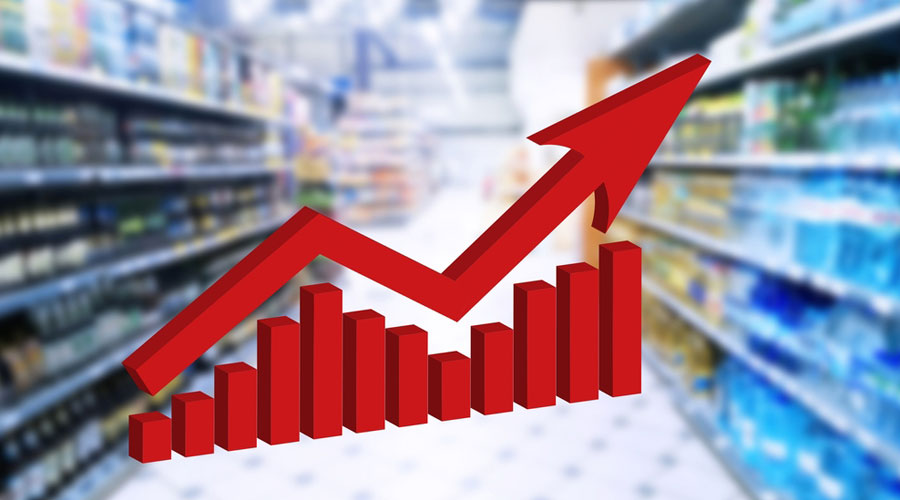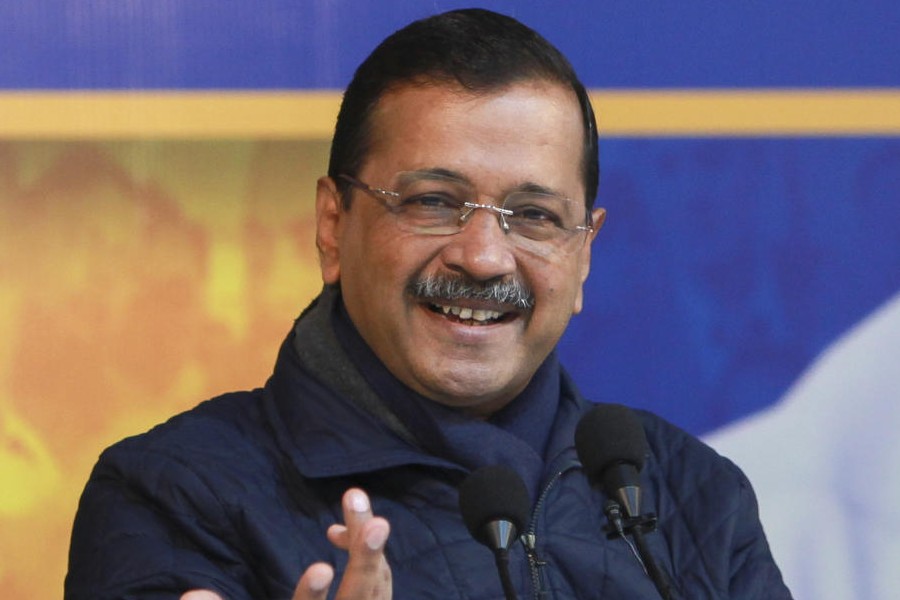The price of groceries was going up everywhere Souad Amer checked, so it was with nervous hope that she waded into a government-subsidised market in her Cairo neighbourhood where a loudspeaker blared a jingle promising cheap essentials for Ramazan.
Browsing boxes of dates — which Egyptians traditionally eat to break their daytime fast during the Muslim holy month — Amer asked someone to check the price of one box. It was £20, slightly over a dollar. Much more than last year. Like nearly everything else.
“OK, just leave it where it is,” said Amer, 43, her shoulders drooping. She had three children to feed at home and already knew her Ramazan table would feature little meat and no duck, their yearly holiday tradition. “We just buy, buy, buy, spend, spend, spend,” she said.
Ramazan arrives in a week: a festive season when people across West Asia and North Africa normally look forward to gatherings with friends and family, new clothes and feasts that begin after sundown and stretch late into the night.
But this year, prices of staples such as oil, sugar, flour and rice have surged across the region, thanks to global supply chain snarls and the war between Russia and Ukraine, which export many essential commodities and foods, including wheat, fertiliser and gas.
That reality threatens to crush household and government budgets alike in countries that had nothing to spare, raising the possibility of the kind of mass popular unrest not seen since the Arab Spring protests a decade ago, which stemmed in part from soaring food prices.
Drought is already ravaging Morocco’s economy. Tunisia’s deeply indebted government was struggling to pay for wheat imports even before the war broke out.
And in Egypt, the government has been forced to move swiftly to blunt the blow. Egypt on Wednesday announced that it had opened talks with the IMF over a new financial assistance package, its third in six years, noting in a statement that the shock of the Ukraine war had caused prices to rise.
New York Times News Service











